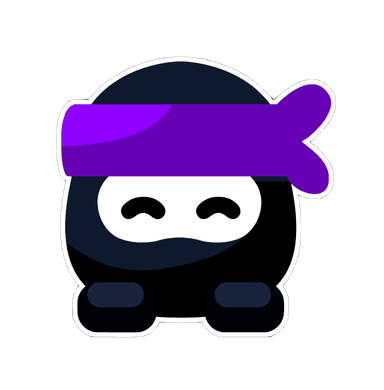Creative blocks can feel particularly frustrating in an IB Arts subject. Fortunately, there are proven strategies you can use to reignite inspiration and keep your Group 6 projects progressing smoothly.
1. Explore Diverse Sources to Spark Ideas
When stuck, expose yourself to different artistic styles, performances, or cultural works.
RevisionDojo’s IB Theatre guide specifically recommends engaging with diverse theatre styles and live performances to refresh your creative thinking.(revisiondojo.com, revisiondojo.com, revisiondojo.com, revisiondojo.com)
2. Practice Artistic Habits Daily
Just like Physical Arts, your creativity improves with regular practice and reflection—no matter how small the exercise: sketches, short improvisations, or journaling.
RevisionDojo’s Visual Arts study guide encourages regular skill-building across media and recording experimentation in your Process Portfolio.(revisiondojo.com)
3. Keep a Visual or Process Journal
Document sketches, mood boards, audio snippets, rehearsal footage, reflections—especially “failed” attempts. This habit helps ideas flow and lets you revisit past inspiration.
Creating an Outstanding IB Visual Arts Portfolio by RevisionDojo emphasises documenting experimentation and reflection—even on draft phases.(revisiondojo.com)
4. Reframe the Problem and Collaborate
If your project feels stuck, try redefining the starting point—like switching themes, changing instruments, or altering visual style. Collaborating—especially in Theatre—can open new perspectives.
RevisionDojo suggests peer or teacher collaboration as a strong remedy for creative stagnation in arts projects.(revisiondojo.com)
5. Use Structured Prompts or Constraints
Limiting yourself intentionally (e.g. work in monochrome, use only percussion, create a choreography in 2 minutes) can generate unexpected and creative direction.
RevisionDojo’s Visual Arts resources stress experimenting across different media or themes to break repetitive cycles.(revisiondojo.com, revisiondojo.com)
6. Take Breaks and Avoid Burnout
Creative progress doesn’t always come from more effort—it may come from rest. Take short walks, listen to music, or shift to another subject before returning.
RevisionDojo visual arts guidance reminds students that balanced routines and regular breaks support sustained creativity.(revisiondojo.com)
✅ Quick Fix Table
Creative Block Issue RevisionDojo Strategy Feeling stuck on theme or style Explore different theatre/performance styles per IB Theatre guide (revisiondojo.com) No fresh ideas emerging Try rapid sketching or short daily creative tasks suggested by Visual Arts guide (revisiondojo.com, revisiondojo.com) Repetition or lack of novelty Use creative prompts or change media types (revisiondojo.com, revisiondojo.com) Isolation or pressure Collaborate with peers or seek feedback (revisiondojo.com) Creative fatigue Schedule breaks and switch activity briefly (revisiondojo.com)
🧠 Frequently Asked Questions (FAQ)
Q: Is creative block normal in IB Arts?
A: Yes—it’s a common challenge. Accepting it as part of the creative process helps you move forward constructively.
Q: Should I change my theme if inspiration runs dry?
A: It’s okay—refocusing or reframing early can save time and rejuvenate motivation.
Q: Can digital tools help unlock creativity?
A: Yes—applying different tools like sound editing, photo effects, or CAD can open fresh directions. Experiment digitally and annotate your work in your Process Portfolio.(revisiondojo.com)
✅ Conclusion
Creative blocks in IB Group 6 subjects can be overcome with intentional routines, exposure to varied art forms, reflective documentation, structured constraints, collaboration, and ample rest. RevisionDojo’s Visual Arts and Theatre resources offer the tools and strategies to reclaim your creative momentum and produce strong, authentic work.
🎯 Call to Action
- Dive into RevisionDojo’s Visual Arts and Theatre guides for creative prompts and feedback strategies
- Start documenting every step—even “failed” or rough-work stages—in a reflective journal or sketchbook
- Build small daily creative challenges (e.g. one sketch, short audio piece, or improvisation) to enhance flow


